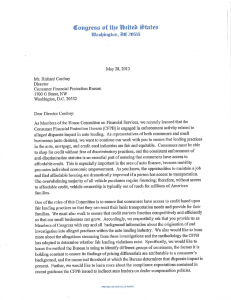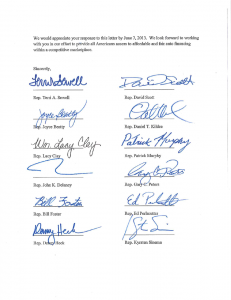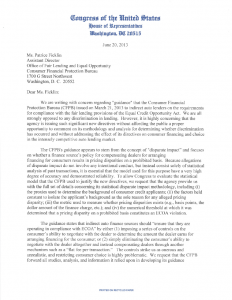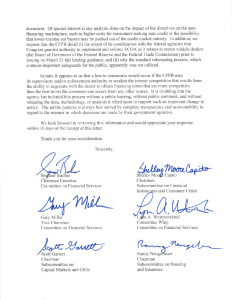If you have had a vehicle repossessed recently and the repo man or towing company refuses to let you access your vehicle, they have to give you your property back. This means they must either mail it to you or give you a chance to come and get it. But what if they want to impose conditions on your getting your property back? What if they want you to sign a waiver or release?
Don’t do it.
Imagine if I came into your house and took your wallet. You come to me and try to get it back, and rather than just handing it over, I say: “OK sure, you can have your wallet, but only if you sign this release where you promise not to sue me for theft or if I’ve damaged anything.” Would you sign it? Or would you think I was crazy?
You’d think I was crazy. Because it is crazy to steal someone’s property and then demand a signed release as a condition for returning something that you never had any right to take in the first place!
Yet this happens all the time. Consider the case of Underwood v. First Alabama Bank of Huntsville. 453 So.2d 742 (Ala. Civ. App. 1983).
There, a man’s vehicle was repossessed after he quit making payments. That’s fine. But he had some valuable property in the car that they had taken as well. He came to get it, but before they gave it back, they had him sign a waiver of his right to notice of disposition of collateral. What does that mean? Basically, if someone repossesses your car, they have to dispose of it in a commercially reasonable manner. They can’t just trash it or let it sit collecting rust for years. They have a duty to get a decent price for it when they sell it. If they sell it for more than you owe, then they have to write you a check for the surplus. If they sell it for less than you owe, they have to either forgive the deficiency or give you a complete and detailed itemization of the charges.
In the Underwood case, the bank had him sign away his right to know what was going on with his car. That means that when the sold it, he had no idea where or to whom. Which means that he was unable to attend the auction or anything else to possibly recover the car or have a friend bid at auction for him. Worse, when he was liable for a deficiency, he never got a list of the charges to ensure that he wasn’t being charged for bogus amounts. Normally, if a bank fails to send you a notice of disposition before and after the sale, they have to either forfeit their right to collect anything from you or pay a stiff penalty of the finance charge plus 10% of the sale price.
But the bank had him waive his notice rights. He didn’t have to, but he didn’t know that he had a right to get his stuff back without signing a waiver. So he got screwed. Don’t let that happen to you.





